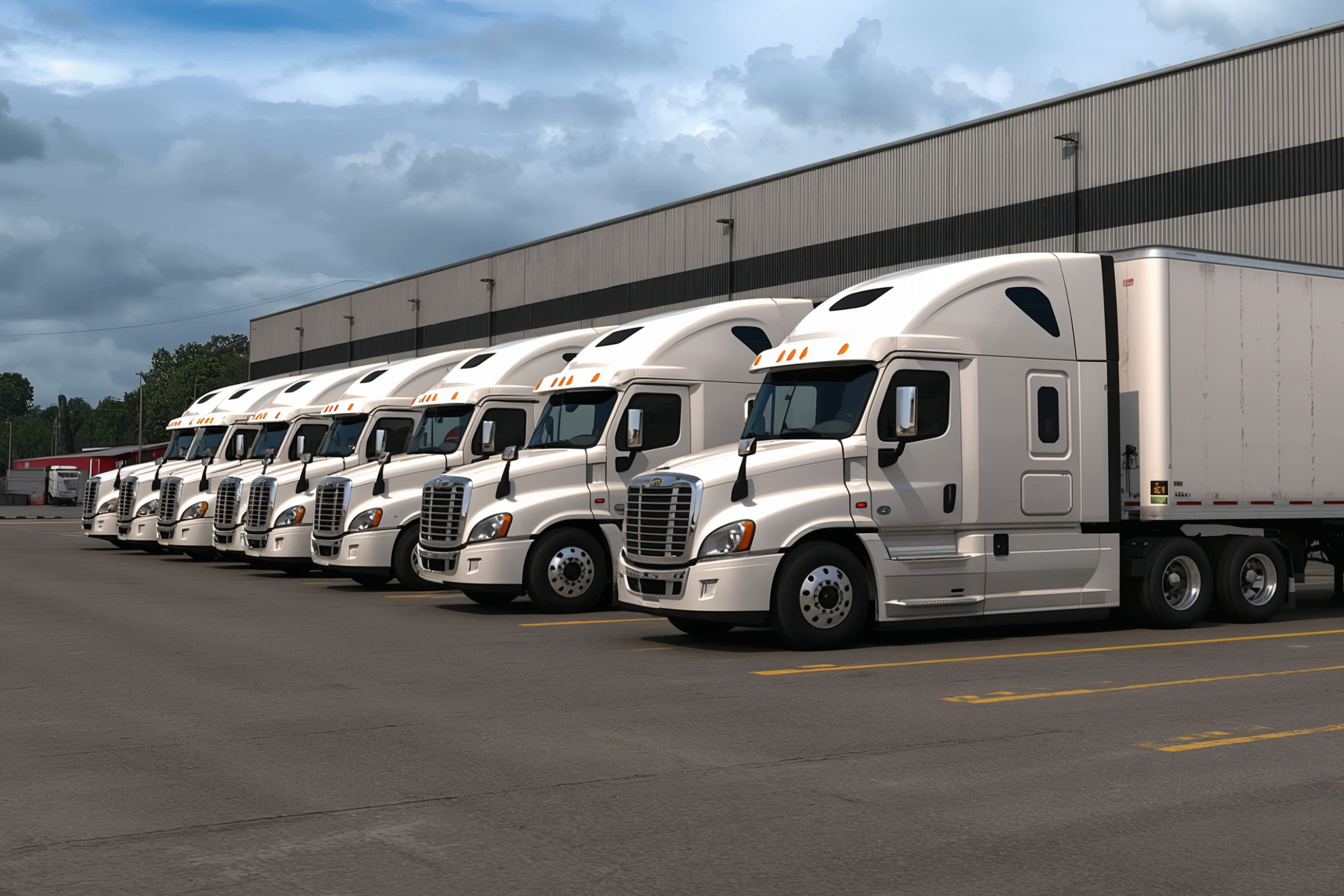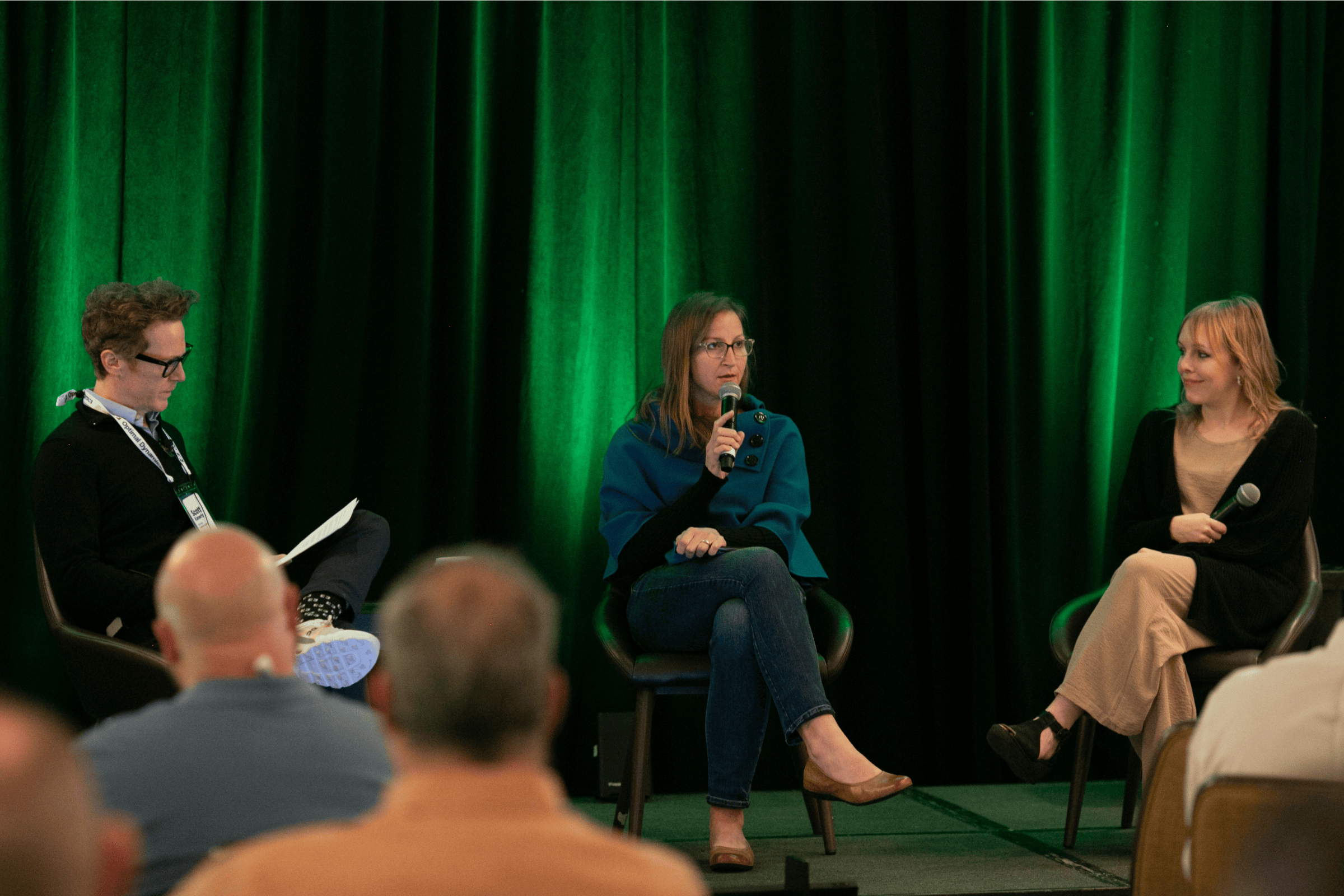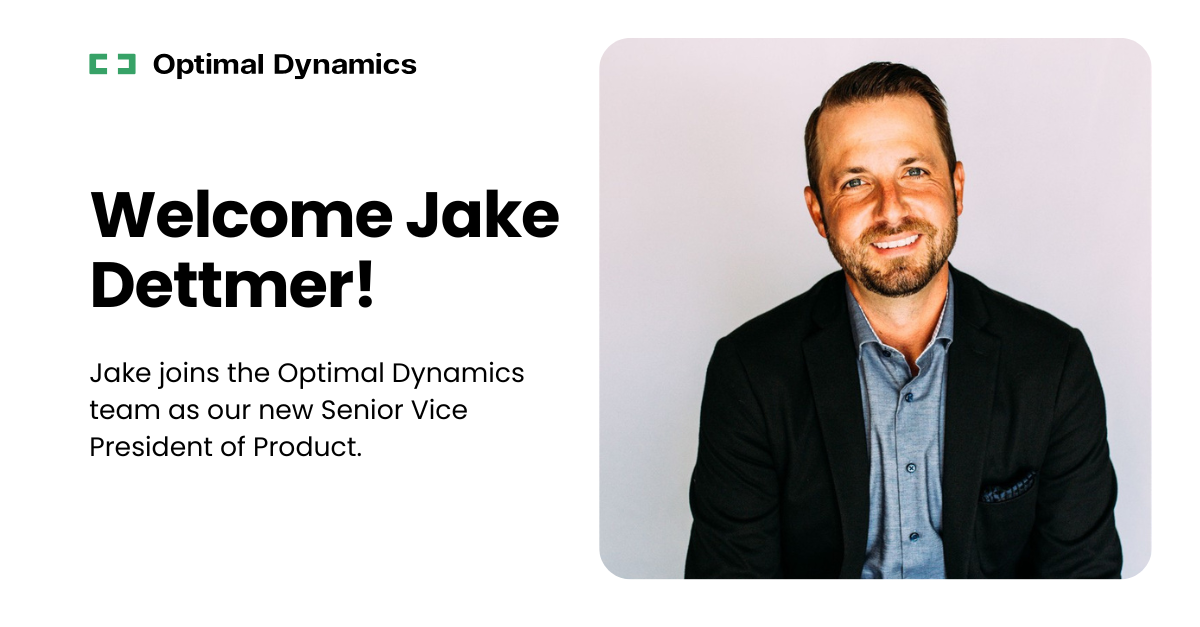Employee Spotlight: Eduardo Silva — Our First-Ever ODIE Award Winner
At our 2025 Altogether in North Carolina, we introduced a new tradition: the Optimal Dynamics Innovation & Excellence (ODIE) Award. This annual award honors a team member who exemplifies the spirit of the company — someone who leads through innovation, pursues excellence, and makes a meaningful impact on our business and the industry at large.
We’re proud to announce that the very first ODIE Award was presented to Eduardo Silva, Principal Software Engineer, one of our earliest employees, and a driving force behind many of Optimal Dynamics’ biggest milestones.
Tell us about how you came to be at Optimal Dynamics.
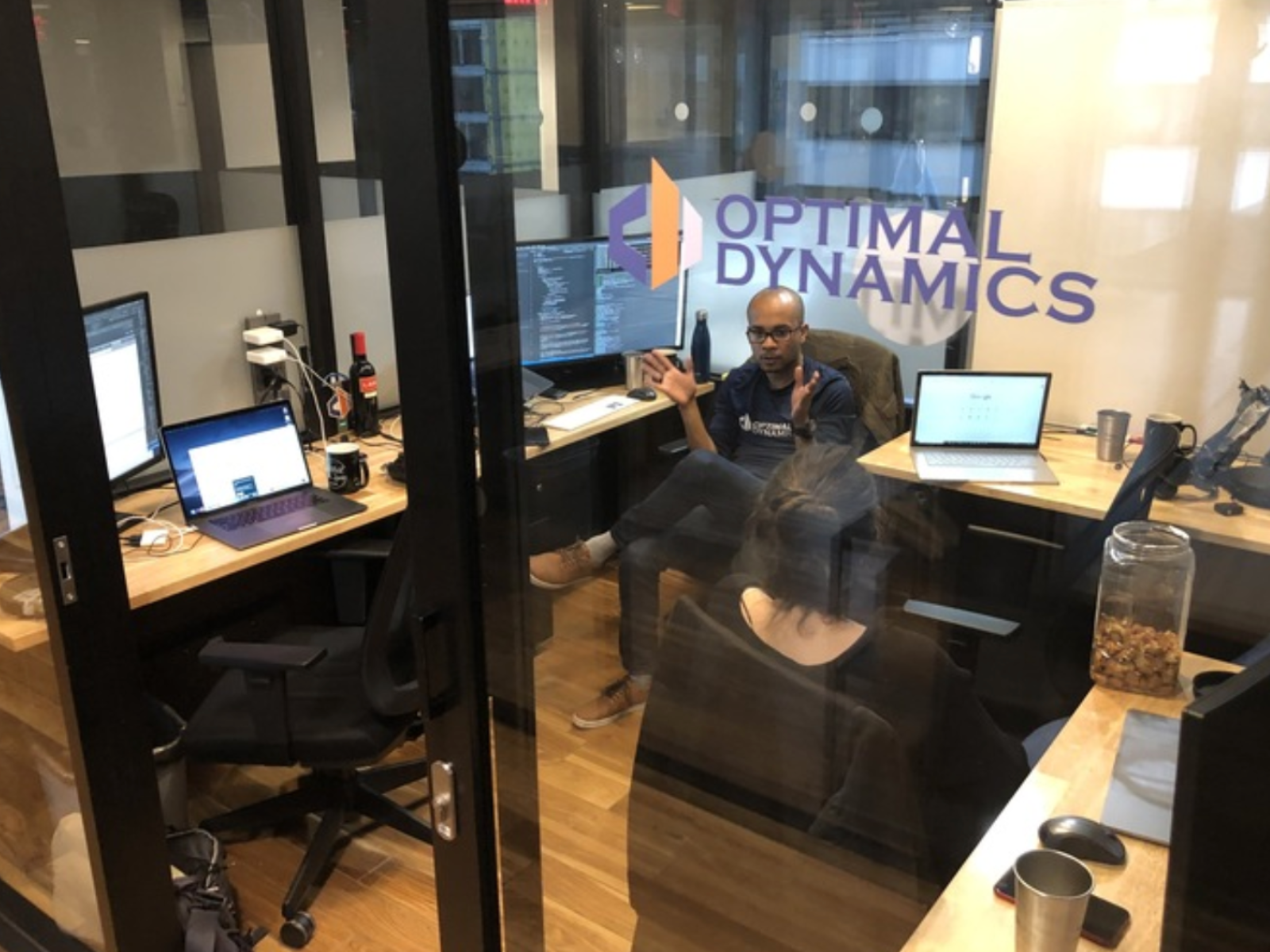
I was in ad tech for over seven years before joining Optimal Dynamics. One day Daniel Powell reached out to me, and we grabbed lunch. He sold me on the vision, and I decided to take the leap. At that time, the “company” was just Daniel, Joe Durante, Juliana Nascimento, Warren Powell, and me — no product, no customers. It was risky, but I believed in the team and the mission to make a real positive impact.
What were those early days like?
We were trying to create demand for something truly innovative, and there was nothing in the market quite like it. From an engineering perspective, I learned how to manage expectations and how to embrace “fail fast” as a way to learn quickly. Failing doesn’t mean you failed — it means you learned something important to get you closer to success.
You were named the first-ever ODIE Award winner. What does this award mean?
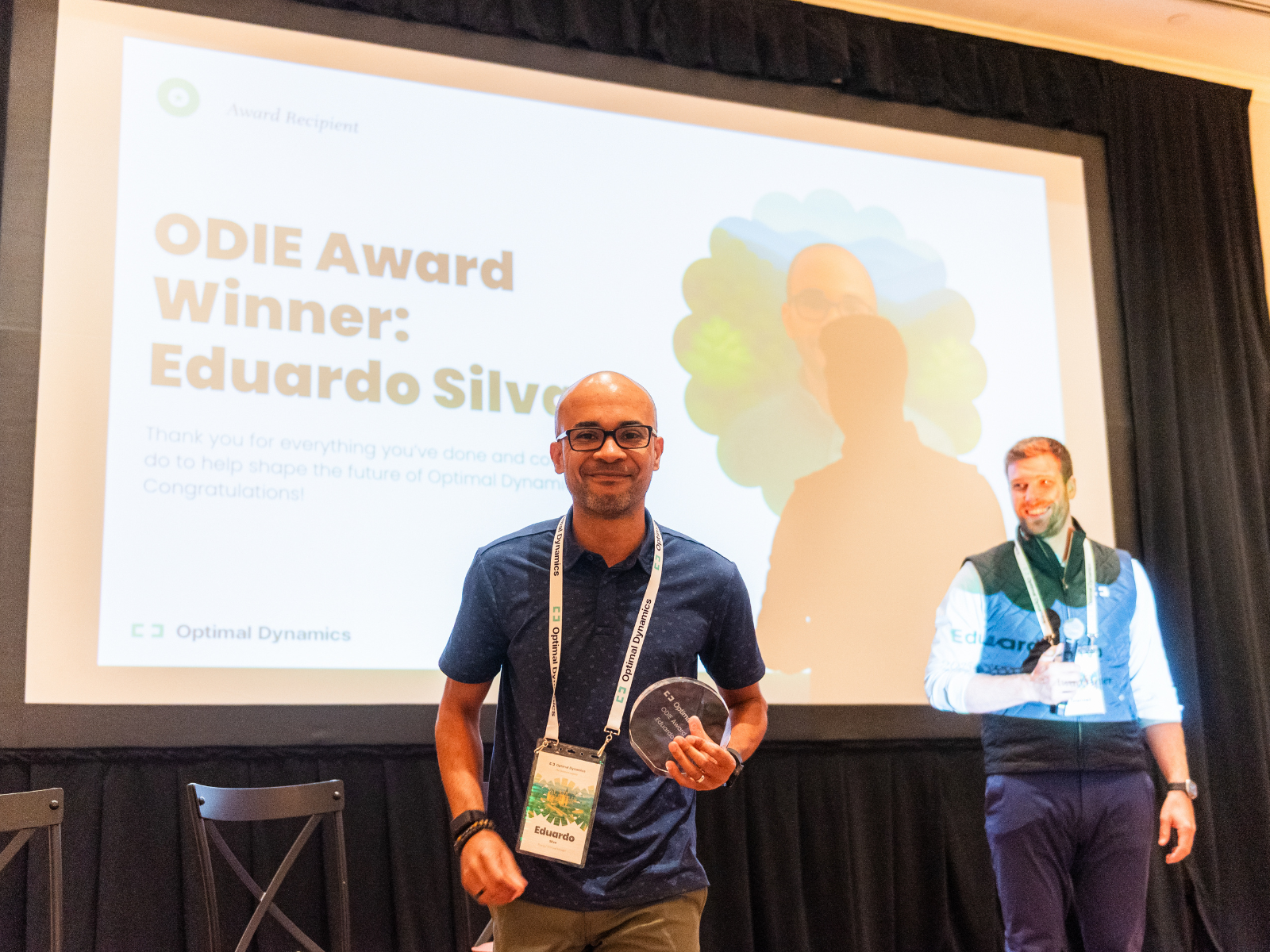
It’s humbling, especially at a company where everyone is working so hard. To be chosen among so many talented colleagues is an honor.
One of your big highlights was cost leadership. Tell us about that.
Early on, cost wasn’t our focus; we just needed to get a product to market. But as we grew, I knew we had to revisit our infrastructure. After Series B, I carved out time to look for cost savings. Within about a month, I identified changes that created significant savings each year. That directly impacted our bottom line and positioned us for sustainable growth.
You were also instrumental in achieving SOC 2 certification. Why is that important?
SOC 2 compliance has been a long-running goal for us. It required creating policies, coordinating across teams, and implementing new technical controls. It was a ton of work, but it means our customers’ data is safer and more secure, and that’s huge for building trust.
Optimal Dynamics is fully remote today, but that wasn’t always the case. How have you adapted?
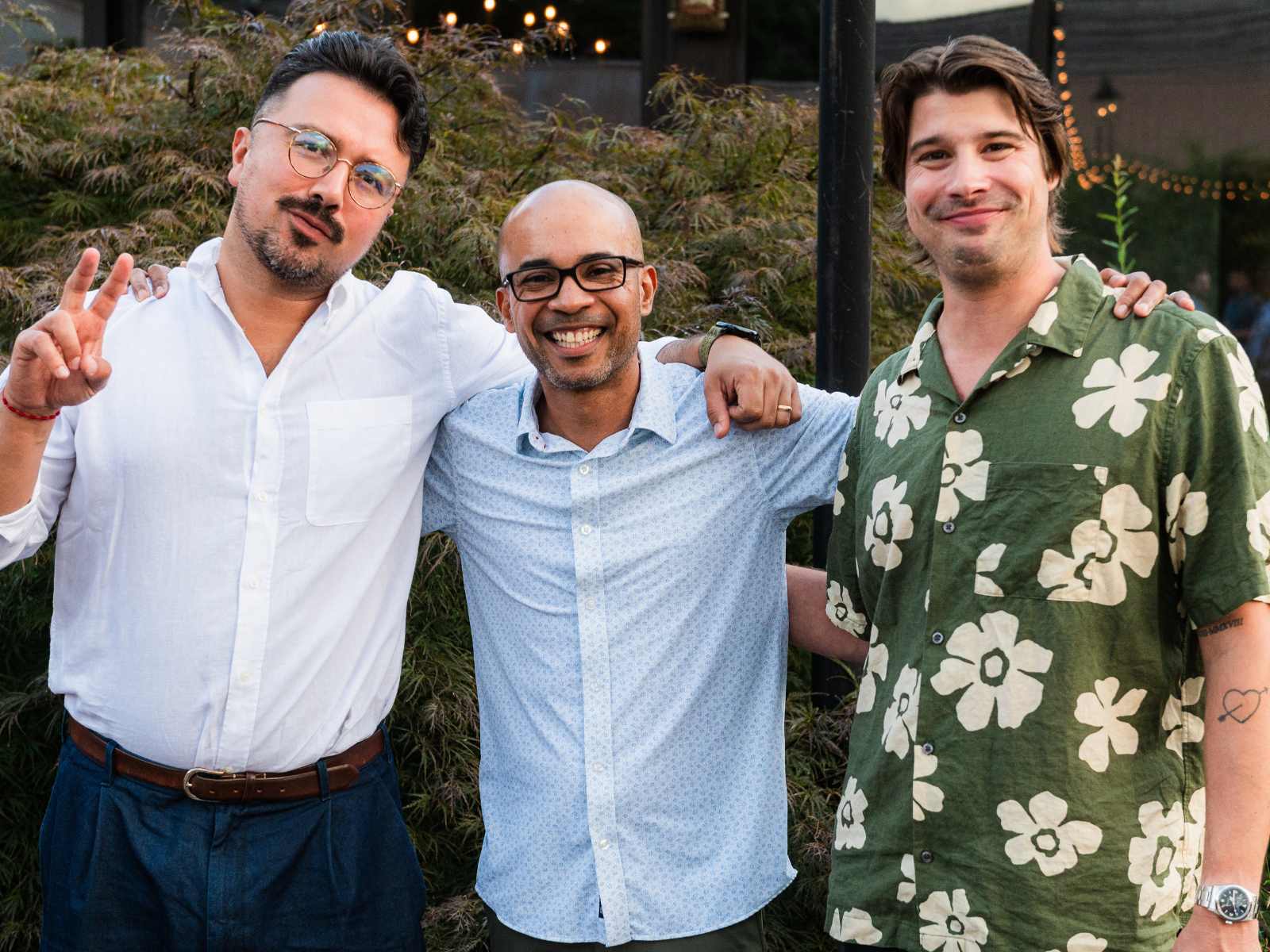
When we started, Daniel and I shared a tiny office in Manhattan. Juliana, Joe, and Warren were in Princeton. The pandemic pushed us remote, and I eventually moved to Florida. At first, I was nervous about working fully remotely. But Optimal Dynamics has great systems for staying connected, like our “Coffee Club” Slack channel that randomly pairs you with someone across the company for a virtual coffee. That helps humanize work relationships and keeps our culture strong.
What’s the key to Optimal Dynamics’ culture as you see it?
Curiosity, empathy, and collaboration. We’ve always had a “bias for action” — we move fast, pivot when needed, and learn together. We also genuinely care about each other. That culture has been here since day one and is a big reason we’ve been successful.
What’s your favorite part of the job today?
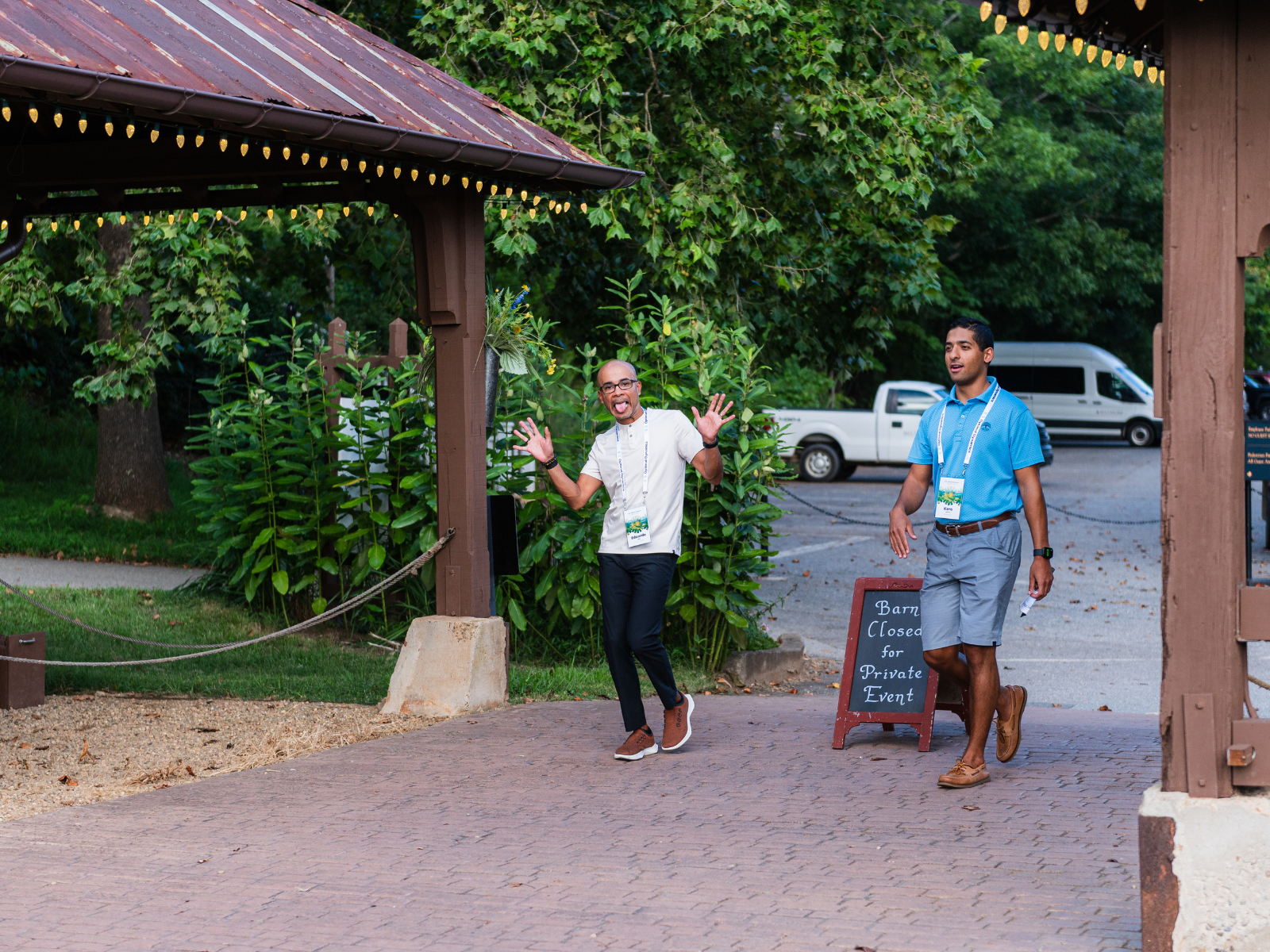
I love automating toil and finding ways to make complex things easier — for our teams and for our customers. I also enjoy collaborating with people across departments; Optimal Dynamics is full of smart people, and I learn from them constantly.
As the company grows, do you see yourself as a role model for new employees?
I wouldn’t say because of tenure alone, but yes, in a leadership role you have to lead by example. I also look to others for inspiration on how they handle challenges. That culture of learning from each other is very much alive here.
What excites you most about the future of Optimal Dynamics?
It’s exciting to see how we can continue to automate with AI and improve freight decision-making. We’ve built a platform to build platforms, and the possibilities ahead are incredible.





